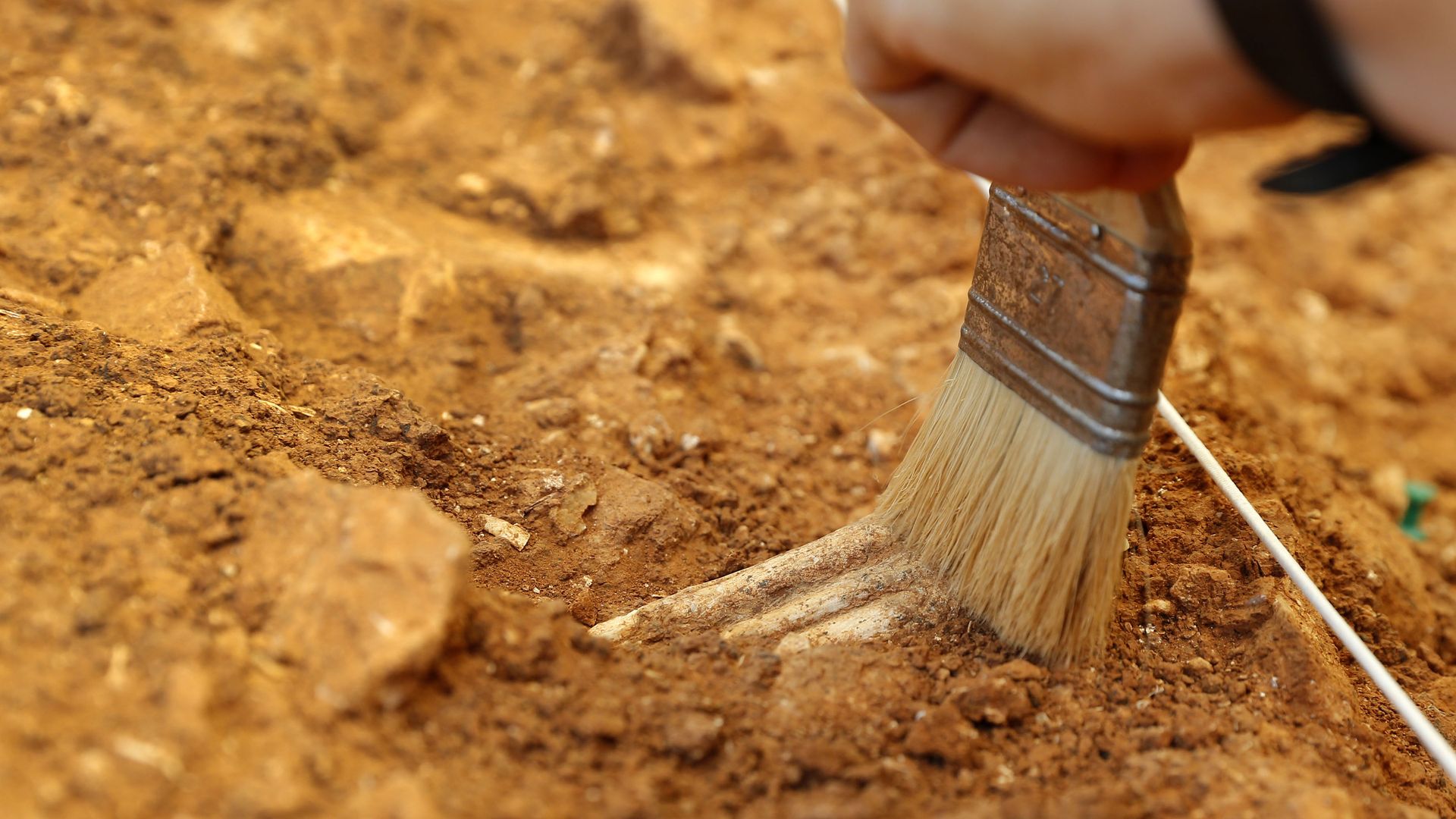Apr 10, 2019
Bones discovered in Philippines may have belonged to new human species
Add Axios as your preferred source to
see more of our stories on Google.

Photo: CESAR MANSO/Getty Images
Add Axios as your preferred source to
see more of our stories on Google.

Photo: CESAR MANSO/Getty Images